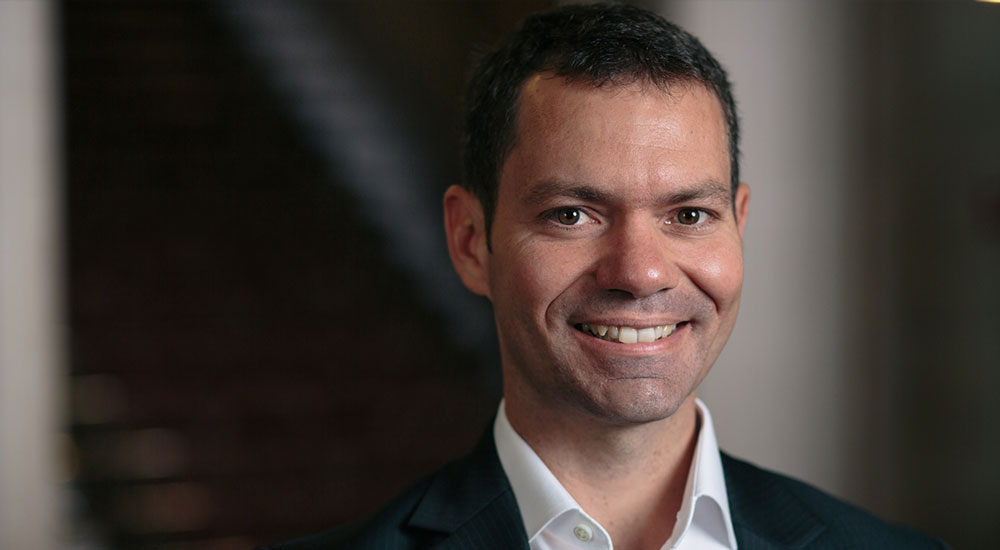Cancelled flight search increases 259% in March over Jan 2020 across Google MENA

The impact of Covid-19 has been far and wide, and one industry, in particular, has been hit the hardest. A new report released by Boston Consulting Group, BCG, in collaboration with Google, titled Actions for Destination Marketers to Navigate in a Covid-19 World assessed the effects of the pandemic on the global travel and tourism business and its impact on Destination Marketing Organisations, DMOs. The report highlights that the global travel and tourism business has recorded sustained and successful growth over the past 20 years, with a CAGR of 5%, amounting to $4.7 trillion in 2019.
With the effects of Covid-19, a decline in international and commercial passengers around the globe could lead to a loss of up to 58% of jobs , 190 million, in the travel and tourism industry and cut the industry’s contribution to global GDP by up to $5.5 trillion, 62%.
Trends in consumer preference in travel demands have shifted, creating the unpredictability nature in DMOs businesses. Google searches in MENA show that cancel flight queries increase by 259% in March 2020, compared to January 2020. Moreover, the growth of staycation related searches increased by over 400% since March.
In the UAE, searches related to staycation have grown by 68% during the summer season. The top countries people searched for on Google in the past three months included India, Pakistan, Philippines, USA and the UK.
As the travel industry continues to adapt to the changes caused by the pandemic, DMOs must be at the forefront to ensure that they are ready for the eventual resumption of travel or more unexpected changes on the horizon. A fundamental building block of responding to the pandemic is the right use of technology and in specific the use of data. Proper gathering and analysis of real-time data and business intelligence will allow DMOs to gain actionable insights required in a highly volatile travel environment and remain agile. With this, DMOs can begin plan ahead for the long-term in three key activities:
- Product and service development. Guide deployment of new products and services, health and safety standards, measure and regulations, and operational measures.
- Stakeholder engagement. Inform stakeholders including governments and healthcare officials and travel industry suppliers of unified communication messages and collaborate with them on setting travel and health standards.
- Marketing. Reallocate marketing spend by channel, and guide campaign messaging and timing.
In preparation for the next immediate step for DMOs, BCG and Google have developed a five-R approach to guide travel marketers in adapting to the changing industry trends:
- Reassess their offerings and value proposition in light of evolving traveler preferences, needs, and concerns.
- Reassure travellers on the safety of travel to their chosen destination by addressing their health concerns.
- Raise awareness of the destination, including added safety measures and local government regulations, to inspire consumers.
- Remove barriers in converting consumers to travellers by making the case for traveling with conscientious health and safety measures in place.
- Revive spend in the local economy by supporting tourism
Looking and planning ahead, beyond Covid-19 is imperative for DMOs. As the world moves towards a phase of recovery, focusing efforts on enhancing technology and data collection with the five-R approach will be of use for the travel and tourism industry in the long run.
“The continued success of the global travel and tourism industry in the last two decades can be attributed directly to DMOs, as they generate the required demand for tourism by building destinations’ brands and raising traveler awareness about their respective destination offerings,” said Pablo Martinez, Managing Director and Senior Partner, BCG. “The unpredictable nature of the pandemic has made it quite challenging for DMOs to plan and develop their tourism strategies. Our new research with Google is intended to provide DMOs with a perspective on how consumers’ attitudes toward travel have changed in response to the pandemic and imperatives to navigate the coming future.”





